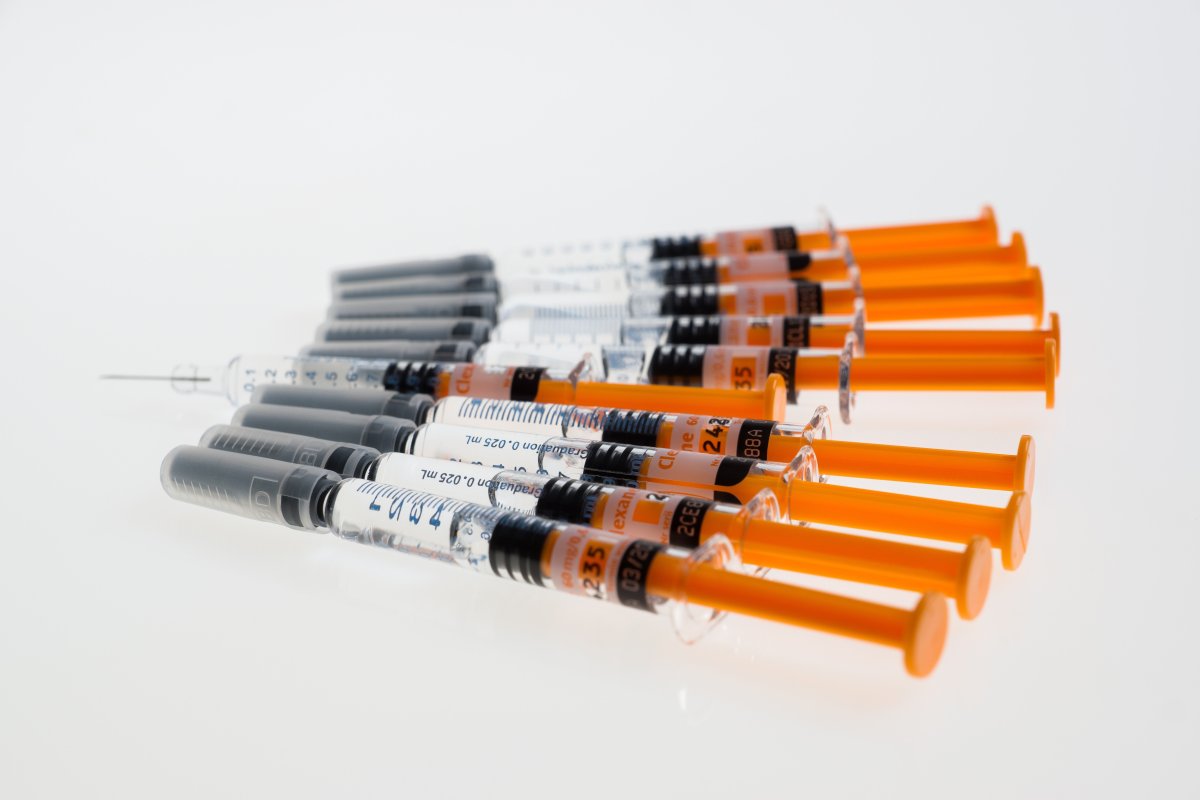Can Sharing Scooters Save Lives?

Can the sharing economy make a big difference in child vaccination rates worldwide? That’s what ISyE Assistant Professor Diana Negoescu – and the Bill and Melinda Gates Foundation – want to find out.
Negoescu has long been interested in using industrial and systems engineering principles to improve healthcare. After meeting Nicole Basta (Epidemiology and Community Health) at new faculty orientation and co-supervising an honors thesis on public-private partnership in the emerging area of shared mobility with Professor Saif Benjaafar, she began wondering why vaccination rates in developing countries were often low despite numerous vaccination programs, most of which provided vaccinations free of charge. Basta had been involved in efforts to improve child vaccination rates in Kampala, Uganda, but was frustrated that no program was able to surpass a 80% vaccination rate for measles and other sometimes fatal diseases that affected thousands of children. Previous studies have suggested that transportation may be a key obstacle to increasing vaccination rates: Kampala has no public transportation system, and most residents are too poor to own a vehicle.
Most Ugandans, Negoescu learned, have cellphones, and urban centers like Kampala have ride-sharing services like Uber and Safe Boda, a service that uses motorized bicycles, scooters, and motorcycles called "bodas" that are common in East African countries.
“Inspired by our previous work on public-private partnership in shared transportation, I thought Uber or Safe Boda vouchers would be an inexpensive, convenient way to get mothers and their near-infant children to places that administered vaccinations," she recalls. “The rides themselves were not expensive, and there was no need for new communications, transportation, or medical infrastructure. It could be a way to partner with the local community and connect the dots for so many parents.”
Negoescu, along with her collaborators Basta and Benjaafar, pitched the idea to the Gates “Grand Challenges” program, which agreed to fund a Phase 1 feasibility study focused on measles vaccination. She, along with Professor Basta, Professor Benjaafar, and a group of healthcare professionals in Kampala, are gathering better data on transportation needs and barriers to vaccination. They are also building a mathematical model to simulate the transmission of measles in the Ugandan population. Once the data is complete, they will use the model to develop a cost-benefit analysis for using sharing-economy transportation vouchers to transport parents and children to vaccination clinics.
Negoescu hopes that a promising cost-benefit analysis will result in a Phase 2 grant from the Gates Foundation to fund an actual pilot program. “And if a pilot program is successful, we will have a solid basis for similar systems in other settings for many other vaccinations.”